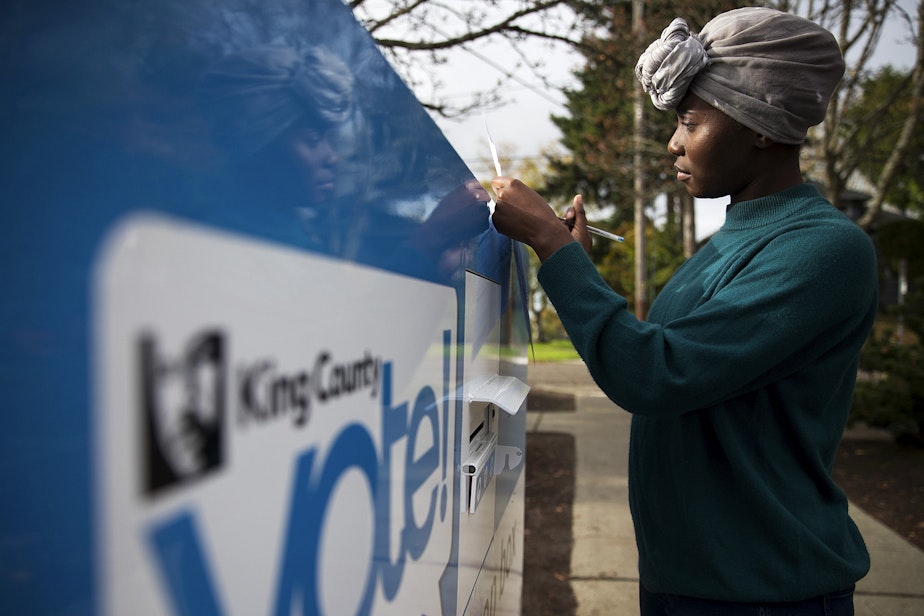Seattle's democracy vouchers could go to U.S. Supreme Court

Washington State's Supreme Court ruled unanimously Thursday to uphold the democracy voucher program after lawsuits from two property owners.
Cities are looking on as Seattle proceeds with its democracy voucher program.
Under the program, Seattle's Ethics and Elections Commission sends voters $100 in vouchers to donate to local candidates. It's paid for by Seattle property tax revenue.
But opponents may now present the case to the U.S. Supreme Court, according to Attorney Ethan Blevins at the Pacific Legal Foundation.
He says the clients he represents "are property owners who pay that tax and feel they are being forced to fund the private campaign contributions of other individuals with whom they disagree."
"I think it's quite likely we will" petition the U.S. Supreme Court says Blevins, adding that they'll decide within a few days.
The two homeowners who sued Seattle are Mark Elster, a Seattle architect who donates almost exclusively to Republican candidates, per state records, and Sarah Pynchon, who owns a home in Seattle but who lives out of state.
Cities nationwide are watching how this plays out, since Seattle was the first to give out vouchers.
A half dozen cities have contacted Seattle's Ethics and Elections Commission for information, including Austin, Texas, Albuquerque, New Mexico, and New York City.
"I think wisely they're letting us be the guinea pigs," Wayne Barnett, the commission's executive director, said.
Sponsored
Opponents argue that since the vouchers are funded by property taxes, their dollars are going to candidates they may not support. Blevins, the attorney, compares this case to the 2017 Janus labor union case, decided by the Supreme Court, which hinged on arguments about free speech rights.
In Thursday's court opinion, justices ruled "the Democracy Voucher Program does not alter, abridge, restrict, censor, or burden speech. Nor does it force association between taxpayers and any message conveyed by the program.".
Seattle's democracy voucher program was created to diversify donors, which has in turn diversified candidates. The program is also intended to limit the role of big money in politics.
"Very few people have money around to contribute to candidates," Barnett said.
He said this is an opportunity for everybody to contribute to the candidate of their choice.
So far, 34 city candidates have received voucher money in Seattle's 2019 elections. That totals $1.25 million in campaign contributions from voter coupons alone.




